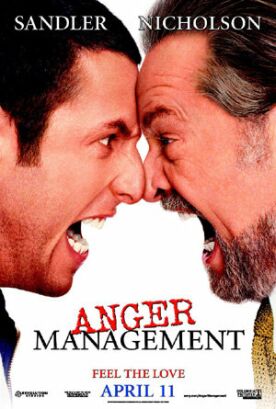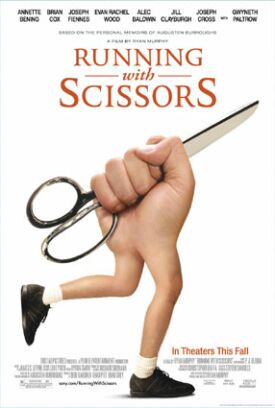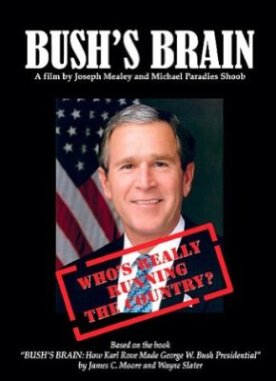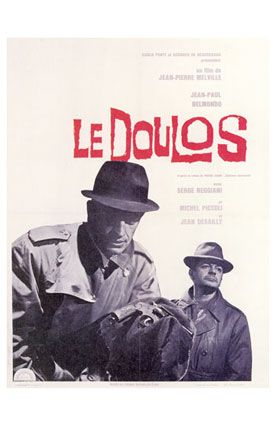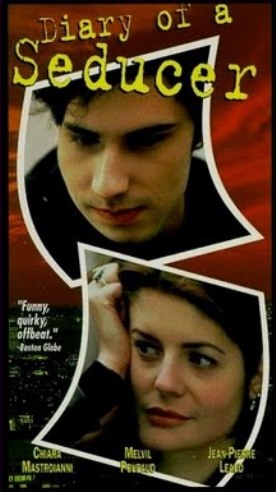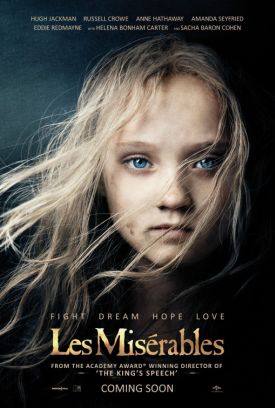Anger Management
The reader won’t, I hope, blame me for giving away the ending of Anger Management, directed by Peter Segal (Tommy Boy, The Nutty Professor II) and written by David Dorfman, if I point out that it is not quite the movie its trailer might lead us to expect. At any rate, I thought it was going to be a satire directed against the therapeutic culture — and I still think that most of its funniest moments come during the first part of the film, when it is easy to suppose that it is one. But in the end it buys into all the therapeutic assumptions about the world, or at least what Hollywood supposes those assumptions to be, and this sort of undermines the best joke of all, which is the casting of crazy Jack Nicholson in the role of therapist.
Mr Nicholson has thus gone from playing the anarchic hero of One Flew Over the Cuckoo’s Nest to playing a kind of updated and more sympathetic version of Nurse Ratched. As the apparently psychotic “anger management” counselor, Buddy Rydell, whose group therapy sessions the poor schlub, Dave Buznik (Adam Sandler) is ordered by a court to attend, he might at first appear to stand for the foolishness of legally-mandated attempts to get people’s minds right, as the warden put it in Cool Hand Luke. But, without going into details, I can reveal that the movie turns out to be of the getting-minds-right party rather than the anarchic party.
Like the “anger management” specialists, that is, it regards “anger” as a psychological datum independent of any context. Both loud and aggressive people, like Dave’s “anger ally” Chuck (John Turturro), and mild-mannered people like Dave himself are alleged to have this unfocused “anger” sloshing around inside them like kerosene, ready to ignite at any moment and on any pretext, and so to be in need of Dr Buddy’s ministrations, at least according to Dr Buddy. He himself explains it like this. There is explosive and implosive anger. Explosive anger is the guy in the supermarket yelling at the cashier for not taking his coupons. Implosive anger is the cashier meekly submitting to his abuse — until one day he calmly shoots everyone in the store.
Dave, still skeptical at this point, adds that he is neither of these types but the guy hiding in the frozen food section, dialing 911 on his cell phone. It would be a funny line but for the fact that the movie won’t let him be this mild-mannered, non-confrontational type. Instead, he must realize that he is mild-mannered and therefore a loser (here the logic becomes rather confusing, though not uncharacteristic of pop-psychology) because he has so much repressed anger. In other words, Dr. Buddy’s treatment of “implosive” anger is to encourage its victims to be angry. And, lo, as soon as Dave learns to express his anger, he becomes a new man, and wins a long sought promotion at work by beating up a snooty rival and smashing things on his boss’s desk.
It can hardly be the case that even the film-makers suppose this route to advancement to be in the smallest degree true-to-life. Like Jackass, this movie ought to come with a warning: Don’t try this at home, kids! But the philosophy of Hollywood — as of Adam Sandler, who has made himself into a comedic superstar while savagely beating people in almost every movie he has ever appeared in — must be served. It is sad to see Rudy Giuliani, who makes a cameo appearance, taking part in such dubious morality, presumably on the grounds that Sandler is a New York patriot. It is more understandable that Bobby Knight and John McEnroe, as notoriously angry men, to say nothing of Jack Nicholson himself, should want to be on board for what amounts to an apologia for angry men.
What lies behind the movie’s thinking on this subject is the same vulgar Freudianism that informs Hollywood’s view of sex — namely that the “repression” of anger, as of lust, is very bad mental hygiene indeed, and likely to lead to all sorts of disastrous consequences unless people are taught to give free rein to their feelings. Poor Dave must even learn to engage in revoltingly public displays of affection with his improbably anger-loving girlfriend, Linda (Marisa Tomei), as a confirmation of his shiny new self-assertiveness. But if you can forget about the highly dubious ethos of the film, Nicholson’s performance in it remains something to laugh at.
Discover more from James Bowman
Subscribe to get the latest posts to your email.

